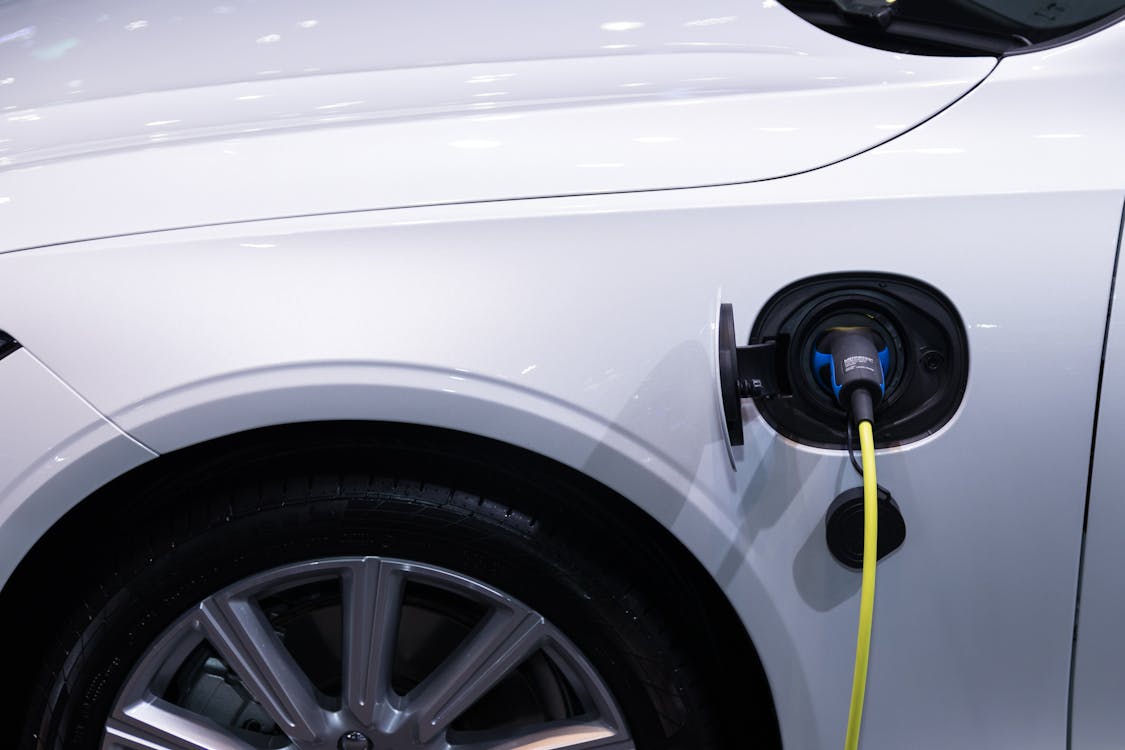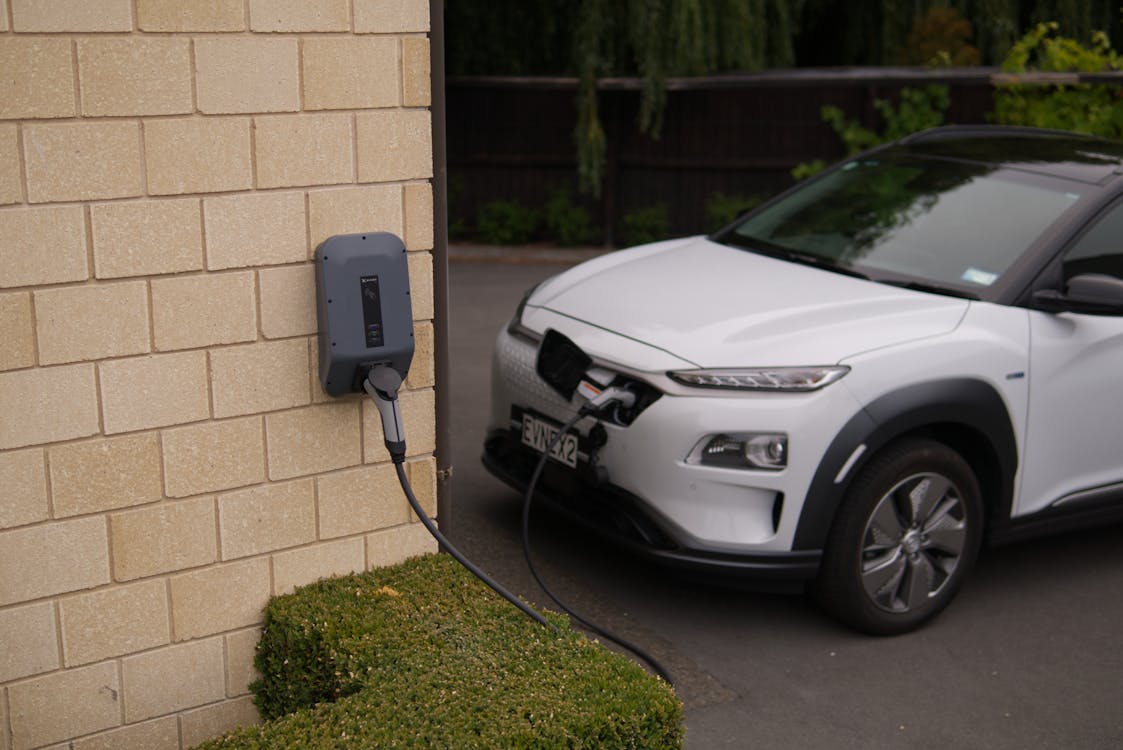As electric cars become increasingly popular and more widely available, many car owners are making the switch from gas-powered vehicles to electric cars. If you’ve recently made the transition to an electric car, it’s important to understand how to charge it. In this blog post, “Power Up: Everything You Need to Know to Charge Your Electric Car”, we’ll provide you with a comprehensive guide for charging your electric car. We’ll cover the different types of charging ports, the different charging levels, and the advantages of owning an electric car.
Level 1 vs. Level 2 vs. Level 3 Charging

There are three different levels of charging available for electric vehicles. Level 1 charging is the slowest, typically using a standard household outlet, and takes the longest amount of time to fully charge a vehicle. Level 2 charging is faster and requires a dedicated charging station that can be installed at home or at public charging stations. Level 3 charging, also known as DC fast charging, is the fastest and most expensive option, only available at select charging stations, and can charge a vehicle to 80% in as little as 30 minutes.
What Is the Difference Between AC and DC Fast Charging?
When it comes to charging your electric car, you might have heard the terms “AC” and “DC” thrown around. But what do these terms mean, and how do they impact your charging experience?
AC, or alternating current, is the type of electricity that is found in most homes and buildings. AC charging involves plugging your car into a standard wall outlet or a specially designed Level 1 or Level 2 charging station. This type of charging is typically slower than DC charging, with Level 1 charging taking up to 20 hours to fully charge your car, and Level 2 taking around 4-8 hours.
DC, or direct current, charging is much faster than AC charging. DC fast charging stations use a higher voltage and can charge your car’s battery to 80% capacity in as little as 30 minutes. However, these charging stations are not as common as AC stations, and they are often more expensive to use.
The biggest difference between AC and DC charging is the speed of the charging process. If you’re in a hurry and need to charge your car quickly, DC charging is the way to go. However, if you have more time to spare and want to save money on charging costs, AC charging is a good option.
It’s important to note that not all electric cars are compatible with DC fast charging. Before you invest in a fast charging station or plan a long road trip, make sure to check your car’s specifications and charging capabilities.
Overall, understanding the difference between AC and DC charging can help you make informed decisions about how and where to charge your electric car. Whether you’re looking for a quick charge on the go or a more affordable charging option at home, there’s a solution that will meet your needs.
Where Can I Charge My Electric Car?

Public charging stations are popping up all over the place, making it easier than ever to find a place to charge your electric car. In addition to public charging stations, many businesses, including shopping centers, hotels, and restaurants, offer charging to customers. You can also install a charger at home, which provides the ultimate convenience.
How Much Does It Cost to Charge an Electric Car?
The cost of charging your electric car varies depending on several factors such as your electricity rate, the size of your car’s battery, and how much charge you need. On average, it can cost between $0.12 and $0.36 per kWh to charge an electric car at home. However, charging costs can be significantly lower or even free if you have access to public charging stations or if you have solar panels.
Tips for Optimizing Electric Car Charging

- Charge during off-peak hours to take advantage of lower electricity rates.
- Keep your car’s battery level between 20% and 80% to extend its lifespan.
- Use a Level 2 charger at home for faster and more efficient charging.
- Plan your route ahead of time to ensure you have enough charge to reach your destination.
- Avoid frequent fast charging, as it can degrade your car’s battery over time.
- Consider investing in solar panels to power your electric car for a more eco-friendly and cost-effective solution.

